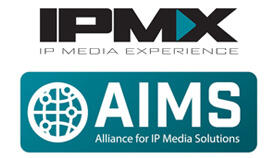What is IPMX?

IPMX (Internet Protocol Media Experience) is a proposed set of open standards and specifications for AV over IP which address the ProAV industry’s need for a common set of ubiquitous standards and protocols in the transition to IP infrastructures. The Pro AV landscape is riddled with proprietary AV-over-IP solutions, none of which are open standard based. This results in solutions with limited interoperability, increased costs, and frustrations for system designers and end customers alike. Enter IPMX.
IPMX delivers a single platform upon which manufacturers can build products that are more standardized and interoperable. The direct benefits of interoperability include simplified infrastructure management, scalability, and cost savings. IPMX is based on the SMPTE ST 2110 suite of standards and the related AMWA NMOS specifications prevalent within the Broadcast industry but adds specific capabilities for Pro AV workflows.
The IPMX standard is designed to transport and control compressed and uncompressed video and audio, including 4Kp60 with 4:4:4 color, over standard 1G networks, with very low latency. Highly flexible and future proof, IPMX supports SD resolutions and is ready for 8K (or higher) resolutions. Moreover, IPMX is flexible enough to support 10G, 25G, 40G, and 100G networks. Additional capabilities include HDMI support, digital copy protection with HDCP, NMOS discovery and registration, I/O management, enhanced audio channel mapping, and compressed media using the JPEG XS video coding system.
Finally, there are no licensing fees with IPMX—the complete set of standards is open and free to download and use. For more information, visit the IPMX website.
Industry consortia that promote IPMX
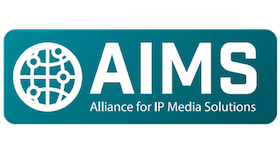

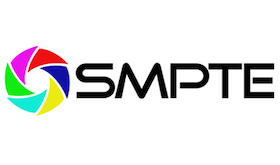

IPMX-ready products
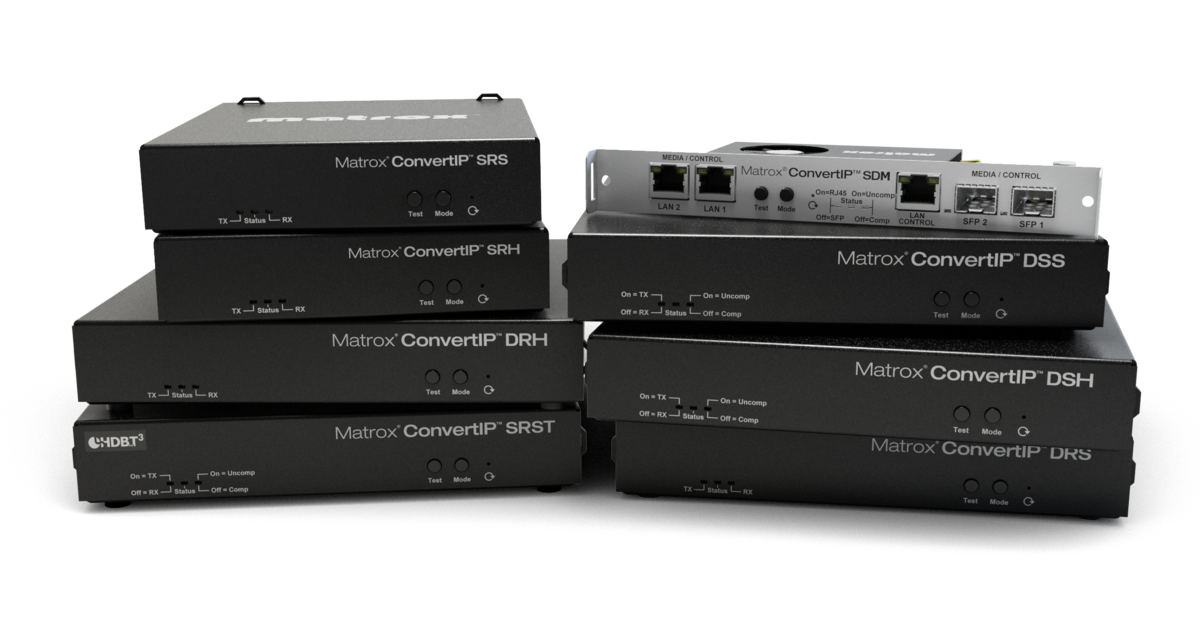
Matrox ConvertIP is a series of ST 2110/IPMX baseband converters and encoders/decoders. ConvertIP converts SMPTE 2110 and IPMX IP signals to and from HDMI, HDBaseT™, or SDI, and can be configured to support uncompressed and compressed AV over IP signals. Built for diverse applications, each ConvertIP device can be configured as either a transmitter or receiver that can display, monitor, and transmit 4K signals over 1G to 25G networks with zero latency. The IP converters support copper and fiber networks, as well as multiple codecs—such as ProAV and JPEG-XS—for visually lossless compressed and lossless uncompressed video transmission. The complimentary ConvertIP Manager software simplifies multi-unit installation, updates, routing and more.
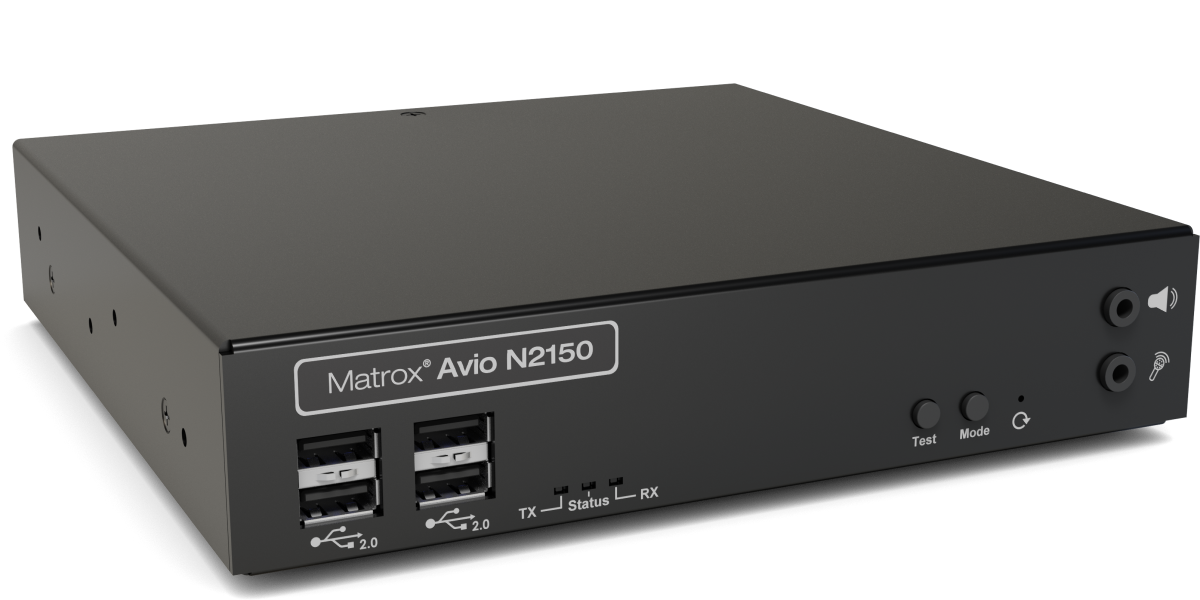
Matrox Avio N2150 IP KVM extender ensures secure, real-time performance for mission-critical applications that need remote access to computing equipment, delivering unparalleled image quality and support for up to 4K resolution. By leveraging open standards like IPMX, SMPTE 2110, and NMOS, Avio 2 future-proofs your installation with a scalable, flexible, and easy-to-use IP KVM solution. Designed for seamless integration with evolving networked infrastructures, Avio 2 is ideal for control rooms, medical applications, broadcast studios, media production, and live events.
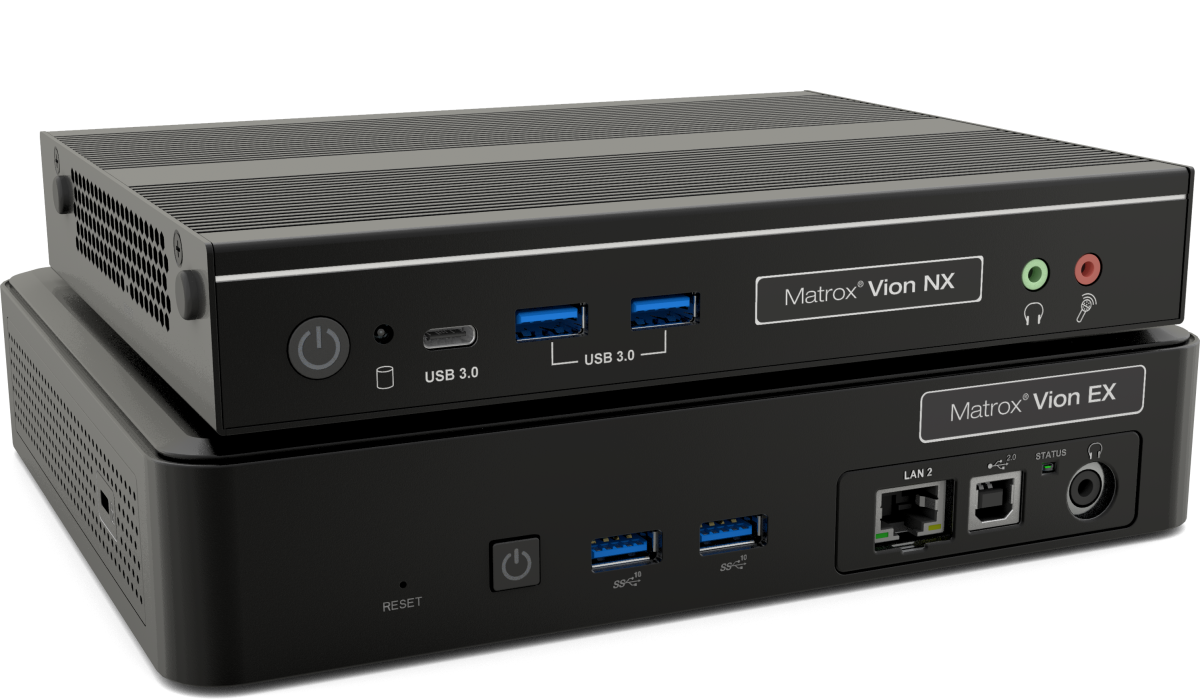
Matrox Vion is a compact, multi-channel 4K capable IP video gateway for media processing and conversion. Vion provides flexible, low-latency multi-channel encoding, decoding, transcoding, and cross-conversion of IP video formats and codecs like H.264, HEVC, JPEG XS and NDI. This IP video gateway supports the IPMX suite of open standards and specifications, and protocols like SMPTE ST 2110-22, SRT, RTSP, RTP, and MPEG-2 TS for flexible routing workflows, such as transcoding an NDI source for delivery over the web using SRT. With support for 4:2:2 10-bit and 4:4:4 10-bit codecs and optional HDMI 2.0 and 12G-SDI inputs, Vion can maintain both desktop and broadcast video content details, manage color space conversions, streaming protocols and bitrates, and transmit multiple concurrent streams—making it ideal for live production, collaboration, and local/cloud IP workflows.
Learn how Matrox Video is working to bring open standards to AV over IP
What is IPMX?
IPMX & Open Standards Help Industries Converge
IPMX for Broadcast Installations
IPMX Timing, How Different is it From ST 2110?
Protecting IPMX Content
IPMX Makes Networks Easy
Why Should I Care About IPMX?
What is AIMS And What is IPMX?
Ready to start a conversation about IPMX?
Learn how Matrox Video open source hardware and software components can help you solve your business challenges.




